
Is Dissent Derailing Milei’s Reform Goals in Argentina?
A Latin America Advisor Q&A featuring experts’ views on protests against education-related budget cuts in Argentina.
A Latin America Advisor Q&A featuring experts’ views on protests against education-related budget cuts in Argentina.
The following report provides new evidence and information on English language teaching and learning for employment in Guatemala.
Evento presenta nuevo estudio que examina el estado de la enseñanza del inglés para el trabajo en Guatemala con un enfoque específico en el sector BPO. El informe, elaborado por Empresarios por la Educación, en colaboración con Guatemala No Se Detiene, AGEXPORT, Pearson y el Diálogo Interamericano, ofrece nueva evidencia e información sobre este tema tan clave para la competitividad futura del país.
Listen to the contributing voices present at the Latin American Forum for Educational Connectivity.
Inter-American Dialogue and Microsoft, strategic allies on technology and education initiatives, convened a working group to strengthen institutional capacity to develop AI appropriation strategies in Latin American higher education institutions (HEIs).
This study presents a guide for higher education institutions (HEIs) and institutions with non-academic training functions. The guide aims to document the current adoption of alternative credentials, the main barriers and opportunities for institutions, and finally, offer recommendations and practical lessons for their implementation.
A Latin America Advisor Q&A featuring experts’ views on protests by Indigenous groups against mining projects in Ecuador.
El Informe de Progreso de Políticas de Primera Infancia de México, elaborado por Mexicanos Primero, busca medir el avance hacia el cumplimiento de los acuerdos de la Agenda Regional para el Desarrollo Integral de la Primera Infancia.
In the following summary, the Inter-American Dialogue introduces the key messages, lessons learned, recommendations, and valuable experiences shared by key participants during the event Education in the Digital Age: Latin American Forum for Educational Connectivity.
Si bien Chile cuenta con una política de desarrollo nacional con reconocimiento legal y sostenibilidad institucional, así como con mecanismos de evaluación del desarrollo de la primera infancia, queda mucho por hacer para mejorar la articulación interministerial, la efectividad de los estándares de calidad, el uso efectivo de los datos de las mediciones de desarrollo infantil, y la colaboración formal entre distintos actores.
El propósito de este informe es presentar los avances y desafíos en la atención a la primera infancia en Honduras, así como evaluar el cumplimiento de los objetivos de la Agenda Regional para el desarrollo Integral de la Primera Infancia.
On February 28, 2024, the Inter-American Dialogue released the report “Remittances and Development in Honduras – Bridging Opportunities.” The report, produced by Manuel Orozco, director of the Migration, Remittances, and Development program analyzes migration patterns, characterizes remittance recipients, and reports on key financial inclusion metrics in the country. The report concludes with a pathway that outlines a strategy for leveraging remittances for development in the country.
En una entrevista con 100% Noticias el 2 de febrero, 2024, Manuel Orozco, director del programa Migración, Remesas y Desarrollo del Diálogo Interamericano, conversó sobre el sector de oro y la minería en Nicaragua, sanciones de los EEUU y las esfuerzas de la régimen de Ortega-Murillo a evitarlas.
On January 12, 2024, the Inter-American Dialogue released the report “Prosperity and Progress in Intermediate Cities: Making Development Impacts through Remittances.” The report, produced by Manuel Orozco, director of the Migration, Remittances, and Development program, Jaqueline Barrios, country coordinator for Guatemala, and Patrick Springer, program associate, reviews results and impacts of the program’s local development initiative in the Guatemalan municipalities of San Marcos, and Amatitlán.
In the midst of democratic decline in the region, young people are emerging as agents of change. Their active participation not only represents a fresh and vibrant voice in regional politics but also offers a new perspective and focus to address the challenges facing the region.

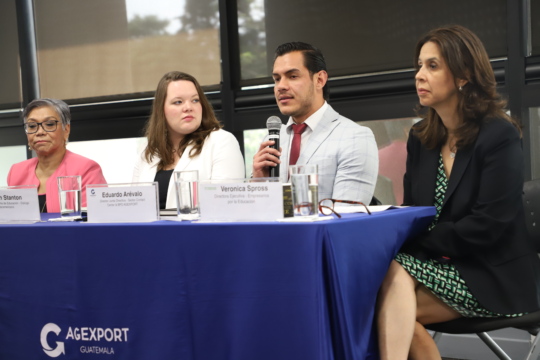 Video
Video
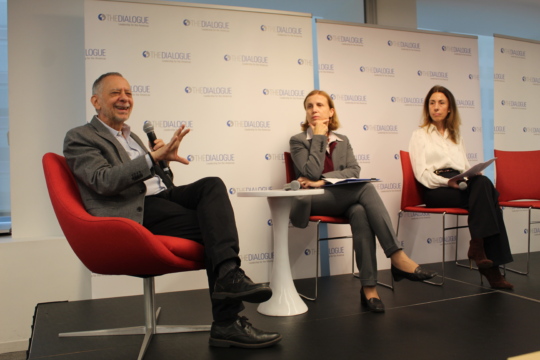 Video
Video
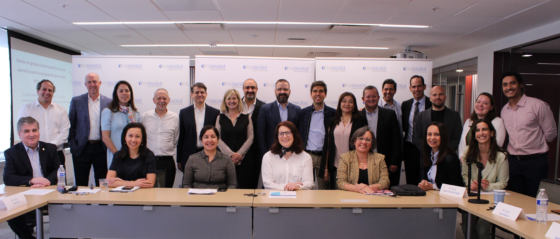
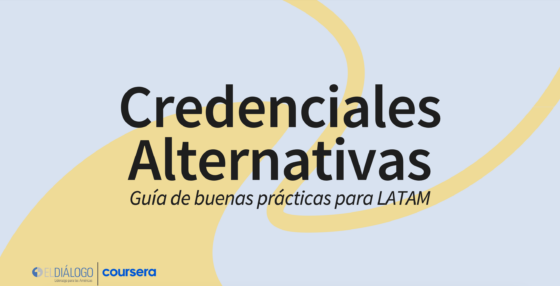
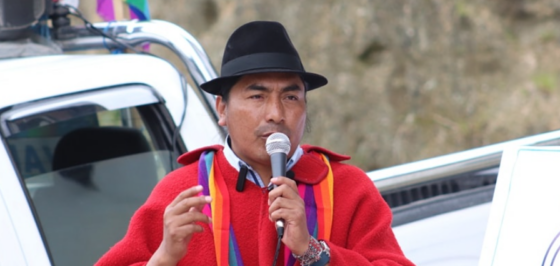
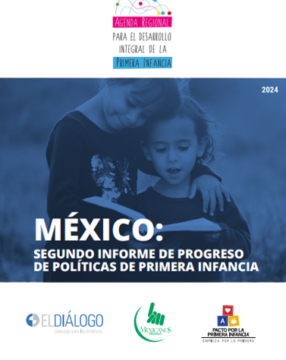
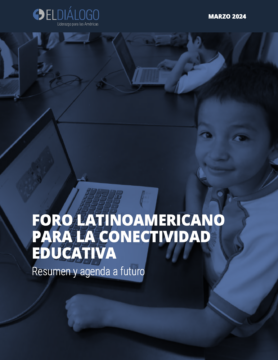
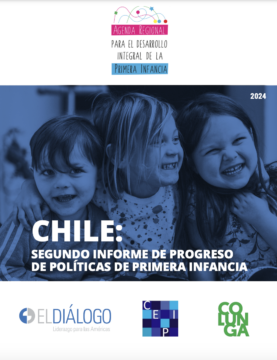
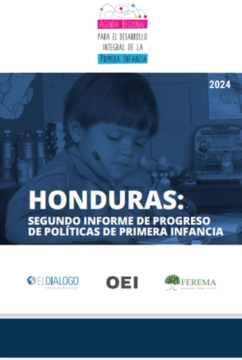
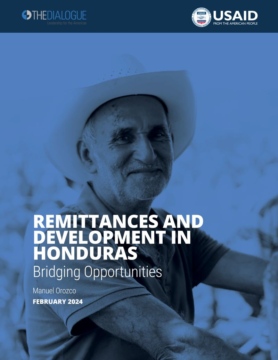
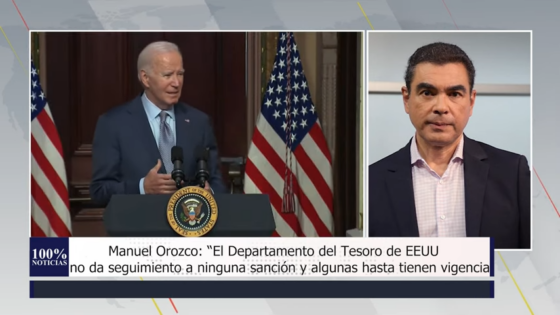
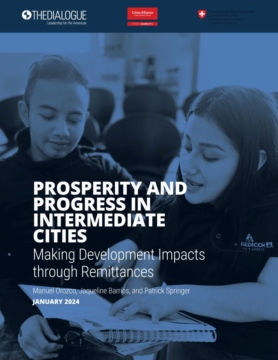
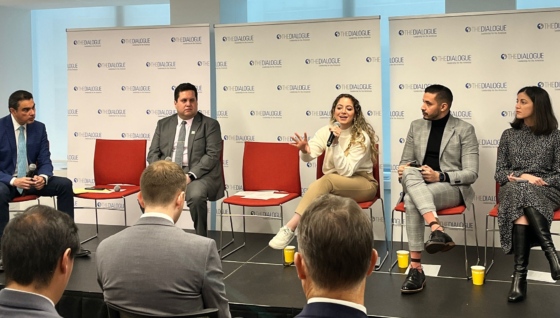 Video
Video